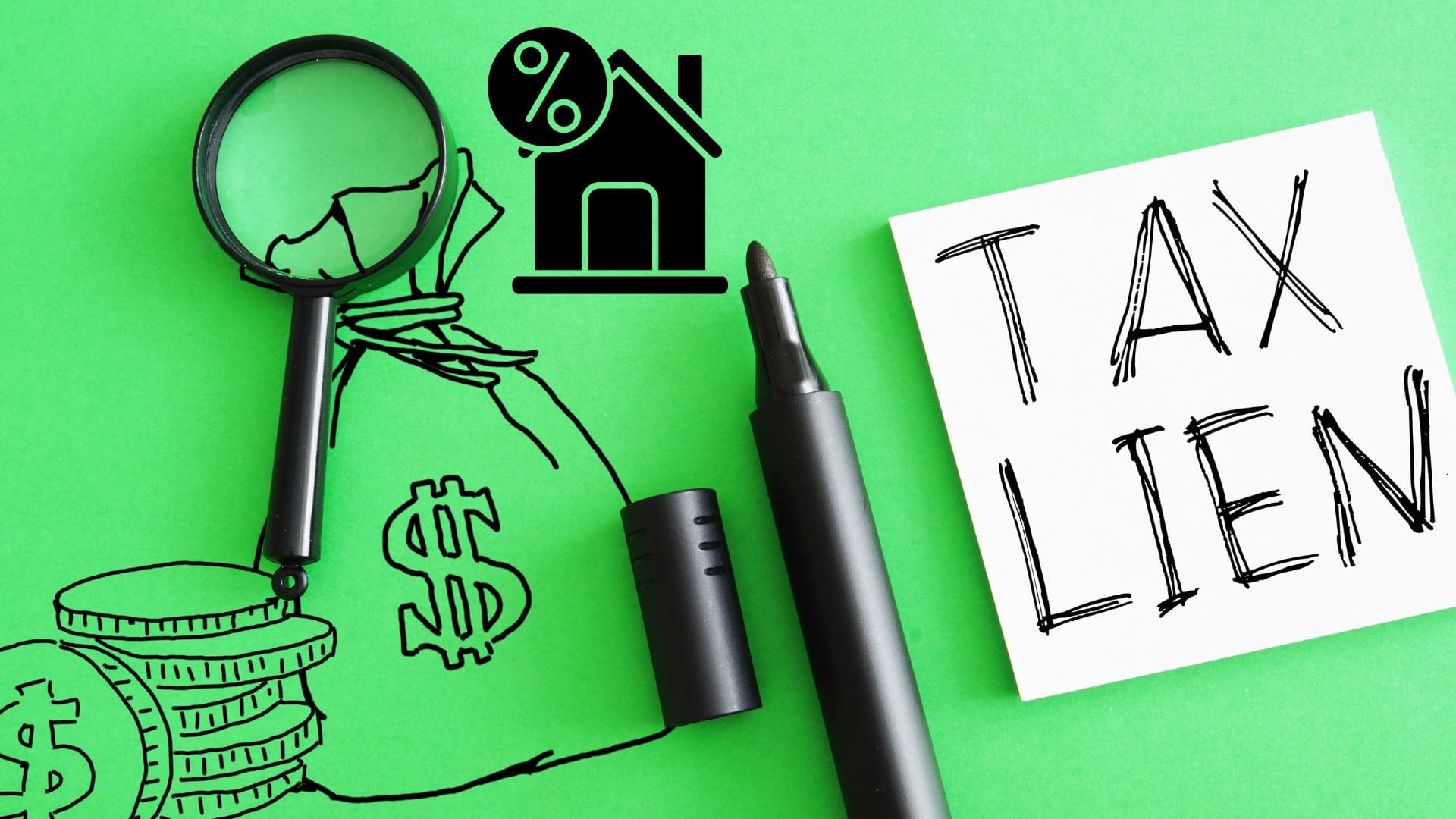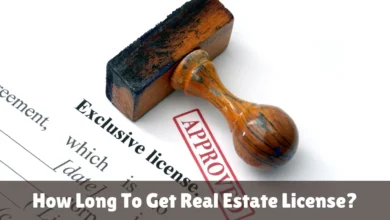
For those looking to buy or sell a property it is important to search for any existing liens since they are common and endlessly surprising. Encumbrances are often a real estate transaction challenge to identify ; thus, how to do so is critical. So, in this article, we will focus on the further research for liens on a specific property, which methods might include property lien search and others.
What Is A Property Lien?
A property lien can be defined as a right that is held by a creditor or a certain entity to obtain a financial claim on a certain property that may be belonging to a borrower or a debtor. It is a legal warning document posted on a property, to inform anybody interested in the assets that there is a lien on the property. Liens can be claimed under many categories such as contractors lien, suppliers lien, lender’s lien and in certain states mechanic’s lien. Some of the common types of lien include mechanic lien, tax lien and mortgage lien each of which possesses its own properties.
Why Is It Important To Find Liens On A Property?
It is important to determine the existence of liens on the property, since such information radically affects the price of the property and its sale. Unpaid liabs open doors for the piece of property to be repossessed and the buyer assumes the role of clear the loan. While it may be eradicated eventually, it creates problems in the buying or selling process, more so through delaying the process. However, some could be more superior than others; hence, it is vital to classify them and deal with them effectively.
Types Of Property Liens
- Mechanics Lien: Mechanics lien is legal procedure that belongs to the contractors, suppliers as well as laborers carrying out their work on a certain piece of property and were not paid back. According to the classification made before there are two forms of lien, namely, the release and consent and this form of lien is commonly used in construction contracts.
- Tax Lien: This is because to ensure compliance to the provisions of the laws on taxes, the government places a legal charge on a property owner who failed to pay property taxes. Depending on the circumstances, this kind of lien is among the highest on the hierarchy of the type of lien; inability to pay results to an outright foreclosure.
- Mortgage Lien: More so, a mortgage lien is recorded to a property when a buyer acquires it by helping a lender in case of a buyer as a borrower. This specific kind of lien generally ensures the stake owned by the lender on the particular piece of property until the actual mortgage is received.
- Judgment Lien: A judgment lien is formed when a creditor files a judgment against a property owner with a view of getting the amount awarded to him/her under a court of law. This kind of lien is accorded based on unpaid taxes, legal cases, or any other legal proceedings.
- Child Support Lien: Child support lien is a situation that affects a non-custodial parent when they are in a state of default of child support, this is usually by the agency or the custodial parent.
- Homeowners Association (HOA) Lien: A HOA lien is a tool, in the hands of the homeowners association where the association can take action against owners who refuse to pay HOA fees or dues.
- Utility Lien: Utility lien is a situation in which, a utility firm places a line on a property owner who has not settled on the utility bills which may be water, electricity or gas.
- Federal Tax Lien: A Federal tax lien is the legal claim on the property of the failing to pay the federal income tax the Internal Revenue Service (IRS) files a legal document with the local government.
- Homeowners Association (HOA) Liens: More particularly, in case the homeowner(s) defaulted on the HOA fees or assessments, the HOA is permitted to place a lien on the former’s home.
How To Find Liens On A Property?
To find liens on a property, you can follow these steps:
- Go to the county clerk’s office or the recorder of deeds depending on the located county.
- When employing a real estate agent to search for a property for you ensure that the person provides you with the details on title deeds, mortgages and liens.
- While going through the search results, one can know the existing continuing liens if any.
- The next step should be the verification of the information stated in the lien kindly contacting the lienholder or any of his/her representatives.
Property Lien Search: What You Need To Know?
A property lien search is the actual pulling of records in a public search for any outstanding lien against a property. The search is often carried out for a certain period, for example for the past months, 30 or 60 days. To avoid missing something, it is always wise to engage professional either from the title company or lawyer. However, it must be noted that a lien search may not work if some of the creditors or agencies do not file or record the liens appropriately.
Public Records: A Valuable Resource
The records of the public are actually useful when searching for a lien on a certain piece of property. County clerk’s offices, recorder’s offices, and, online sources such as the county assessor’s website or the website of the Secretary of State are among the most common sources of property records. You can also take the search of liens on the property to the county tax collector or even the county treasurer.
Can Someone Put A Lien On My House Without My Knowledge?
Yes, it is possible for someone to place a lien on your house and you may not be able to know it. A creditor, contractor or any government agency will place a lien on you if you have a debt that you have failed to pay or owe them in deposits. At other times, you may not directly receive the notice of this nature especially if you have changed your address or the creditor has an outdated address.
For instance, you hired a contractor to build something in your property, and you never paid them their invoice, they can file a mechanics’ lien without your consent. Like it the case with the overdue real estate taxes, if unpaid, the government is at liberty to place a legal claim on your property. In Some Situations, A creditor can place a judgment lien against you, even if you never knew about the lawsuit, after a court has made their decision in favor of the creditor.
One needs to ensure that he or she checks the data base on properties frequently to check the debts that might have been placed on the property. You can also make arrangements with your county recorder’s office or a title company to inform you of new liens recorded against your property. In case there is any form of lien placed on the property and you realize this, it is important that you seek legal advice and help from the authorities up so that you can come with a solution before things go out of hand to an extent of foreclosure.
Conclusion
Searching for lien on the property under consideration is considered to be one of the most important procedures within the framework of a real estate deal. Thus, once you know what a property lien is, why it is necessary to find it, and how to carry out the search properly, you will be able to avoid some rough situations and have a successful transfer. At this time should contact other professionals such as title companies or lawyers to complete a good search of the title and solve the liens.




